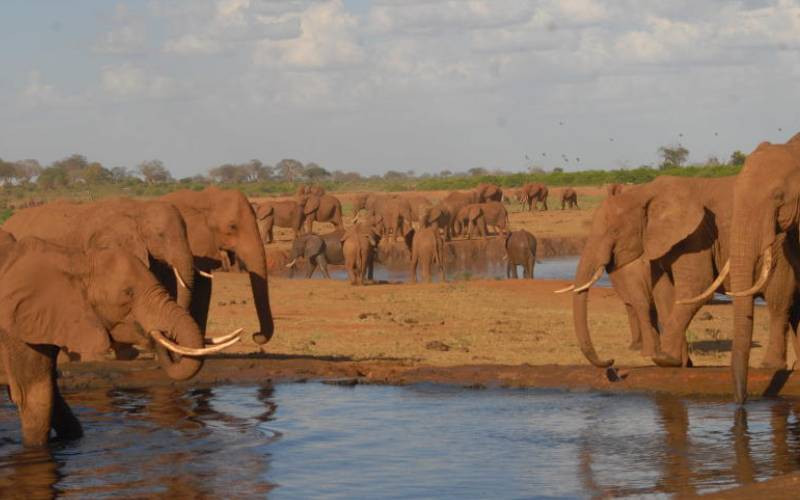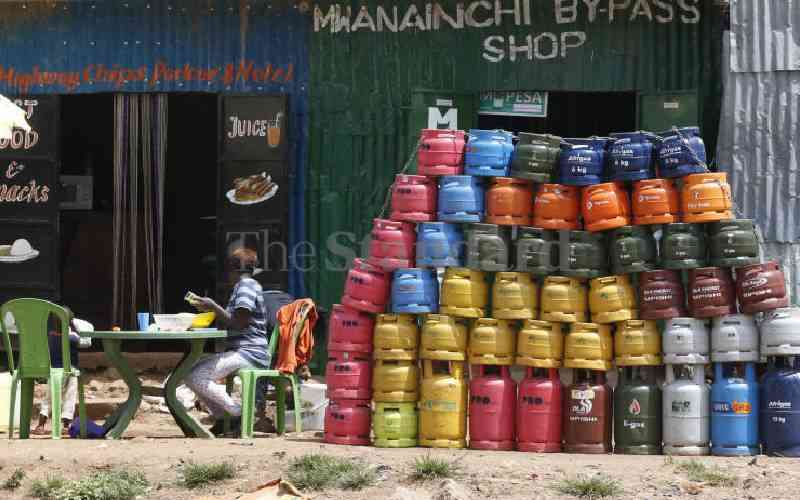- Chuo kikuu cha Kenyatta inaomboleza kifo cha wanafunzi 11 waliofariki kwenye ajali Voi
- Chuo kikuu cha Kenyatta inaomboleza kifo cha wanafunzi 11 waliofariki kwenye ajali Voi
- One on One With the Man Behind E-Citizen: James Ayugi He's Also CEO of Webmasters Kenya Ltd
- Mt. Kenya supremacy battle between Gachagua and Ndindi Nyoro as regional leaders rally behind Nyoro
- President Ruto arrives at Uhuru Gardens for the 60th Jamhuri Day celebrations
×
 The Standard Group Plc is a multi-media organization with investments in media
platforms spanning newspaper print operations, television, radio broadcasting,
digital and online services. The Standard Group is recognized as a leading
multi-media house in Kenya with a key influence in matters of national and
international interest.
The Standard Group Plc is a multi-media organization with investments in media
platforms spanning newspaper print operations, television, radio broadcasting,
digital and online services. The Standard Group is recognized as a leading
multi-media house in Kenya with a key influence in matters of national and
international interest.
 The Standard Group Plc is a multi-media organization with investments in media
platforms spanning newspaper print operations, television, radio broadcasting,
digital and online services. The Standard Group is recognized as a leading
multi-media house in Kenya with a key influence in matters of national and
international interest.
The Standard Group Plc is a multi-media organization with investments in media
platforms spanning newspaper print operations, television, radio broadcasting,
digital and online services. The Standard Group is recognized as a leading
multi-media house in Kenya with a key influence in matters of national and
international interest.
- Standard Group Plc HQ Office,
- The Standard Group Center,Mombasa Road.
- P.O Box 30080-00100,Nairobi, Kenya.
- Telephone number: 0203222111, 0719012111
- Email: [email protected]
NEWS & CURRENT AFFAIRS
TV STATIONS
RADIO STATIONS
ENTERPRISE









